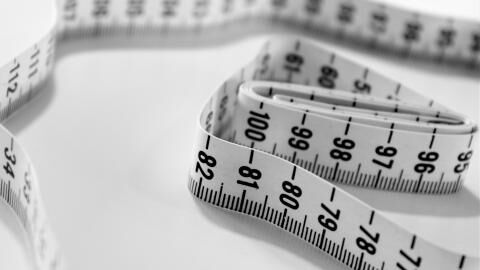All you need is a knife and fork
Discover our latest podcast
It’s a subject we’re hearing more and more of these days and with many people obsessed with losing weight, there’s a plethora of meal plans, exercises and theories out there; all claiming to be THE answer. But actually what most people don’t realise is that the best tips for weight loss are being completely overlooked. According to Japanese researchers the best weight loss programme, according to science, lies within the kitchen and at the dinner table.
Forget the weight loss shakes, supplements and surgery, if you want to lose weight quickly follow this simple tip. Published in the BMJ Open Journal, researchers at Kyushu University in Japan claim that ‘Changes in eating habits can affect obesity, BMI and waist circumference’. They go on to say that ‘making interventions aimed at reducing speed may be effective in preventing obesity and lowering the associated health risks’.
The BMI relationship
Body Mass Index (BMI) is a measurement of health risk used to calculate whether a person is overweight or underweight. The study took place over a 5 year period during which the participants, who had all been diagnosed with Type 2 diabetes, were monitored regularly. Scientists collected data on participant’s age, gender, BMI, waist circumference, blood pressure, dietary habits and alcohol and cigarette consumption.
Some interesting results
The results of the study seem quite convincing. Those who ate slowly (4192 people) had a smaller waist size and a BMI of about 22, as well as a fewer number of obese people to those who ate quickly (21.5%). Among those who ate quickly, 44% were those who ate faster. ‘The main result indicates that eating more slowly can lower obesity and BMI’ explain the scientists. Snacking after dinner and eating within 2 hours of going to sleep, 3 or more times a week, were also strongly linked to changes in BMI. However Katrina Kos, a scientist studying obesity at Exeter Medical School says similar research still needs to be done with people who do not have diabetes to either confirm or refute the role of drugs that contribute to weight loss or gain.















